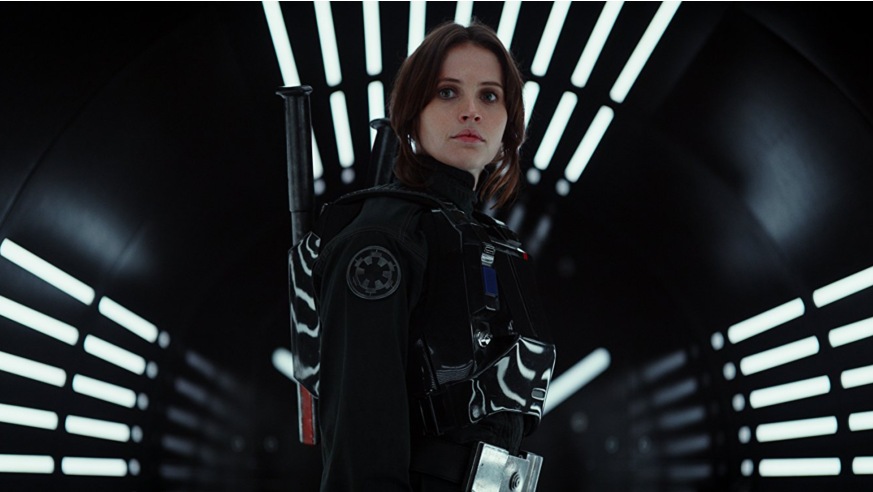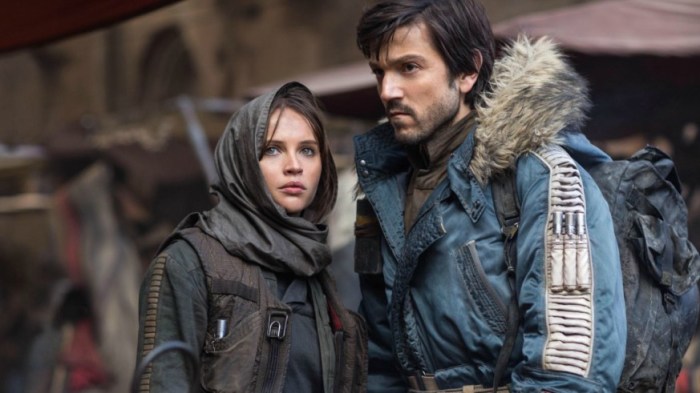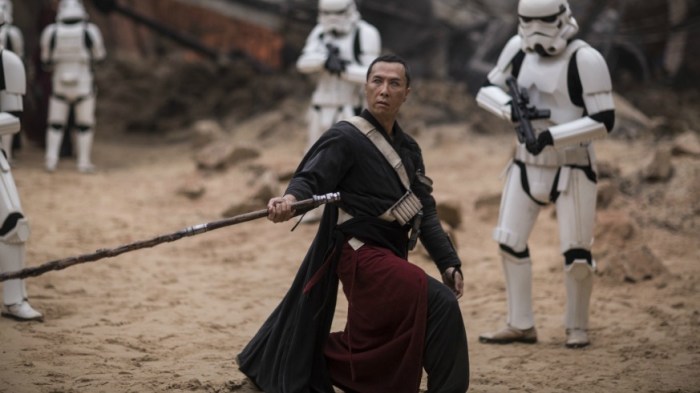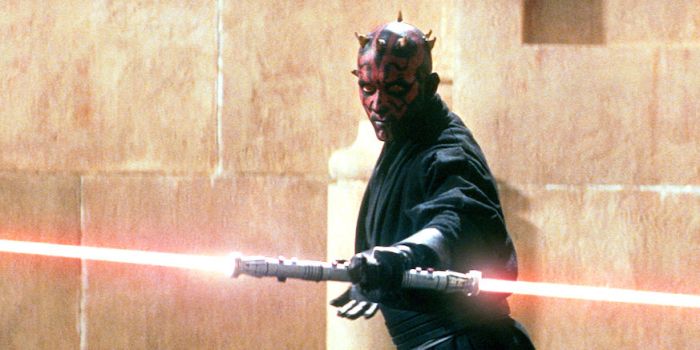Rogue One screenwriter Chris Weitz has opened up about comparing Donald Trump and his regime to Star Wars’ evil Empire.
Weitz clearly has no regrets about the tweet, which just a week after Trump had been elected President, read, “Please note that the Empire is a white supremacist (human) organization.”
Gary Whitta, who also has a writing credit on “Rogue One,” quickly followed that up with, “Opposed by a multi-cultural group led by brave women.”
Whitta and Weitz also changed their Twitter profiles to a symbol of the Rebel Alliance from the franchise, but this time with a pin through it. In the aftermath of Trump’s win, thousands of users wore safety pins to shown their alignment of refugees, immigrants and victims of abuse.
The screenwriters immediately came under fire for being so political, with some Trump supporters insisting they were going to boycott “Rogue One.” The fact “Rogue One” still made over $1.056 billion at the box office suggests that plan didn’t work, although Weitz admits it was a “bit silly to engage” in this fashion around “Rogue One.”
“I would have felt silly, given if there had been some boycott that had truly affected the film I would have felt badly because of all the film I had liked that worked so hard on it. They didn’t ask for this.”
“Personally I did think they were like space Nazis and I didn’t think it was that controversial to say that but it was kind of a canary in the coal mine moment for me. Of how avid a neo fascist audience there was out on the internet.”
“I was pretty stunned by the alchemy of how a tweet becomes a controversy. That was a pretty quick education for me. It opened my eyes to certain darker corners of the internet.”
“I was doxed, but they didn’t actually get the right address, and had all kinds of horrific imagery sent to me that was straight out of Nazi era propaganda. So that was interesting. It was a wake-up call in terms of how to behave online in the world that we are in now. “
I then asked Weitz whether the experience directly influenced his decision to make “Operation Finale,” which tells the story of how a group of Jewish Nazi hunters set out to find and capture former Nazi SS officer Adolf Eichmann in Argentina in 1960.
“I do feel that. It did seem relevant. I knew what my dad would have thought of what was happening nowadays and how he would have identified it.”
“It seemed like something I wanted to address. This was a way of doing it in a milieu that I knew, while not being too obvious about it. But clearly it has some parallels to the present.”
“Operation Finale” is released on August 29.





















